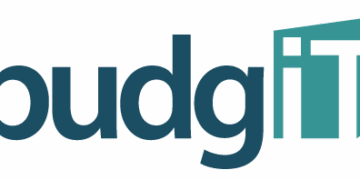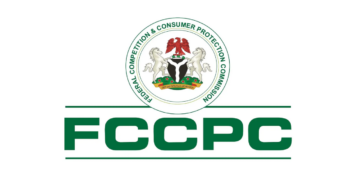Nigeria’s private sector activities saw an improvement in the month of July, 2022, due to improve business conditions in the country.
The Stanbic IBTC Bank latest purchasing manager index (PMI) report shows the headline PMI registered at 53.2 in July, up from 50.9 in June, signalling an improvement in business conditions in Nigeria’s private sector. The latest figure rose from June’s 17-month low but was still muted compared to the historical average.
The headline figure derived from the survey is the Purchasing Managers’ Index (PMI). Readings above 50.0 signal an improvement in business conditions on the previous month, while readings below 50.0 show a deterioration.
The report said: “a return to growth in output and stronger inflows of new orders helped underpin a further improvement in operating conditions in the Nigerian private sector during July.
“In turn, businesses increased their purchasing activity at the strongest rate for five months while stocks increased sharply. Despite stronger inflows of new work, employment growth eased and was marginal amid elevated costs and subsequent pressures on profits.
“Purchase and output price inflation accelerated to four-month highs in July, with unfavourable exchange rate movements and higher fuel costs behind the latest round of inflation.”
It pointed out that, “nevertheless, sentiment improved from June, and firms reported hopes of securing greater business investments.
newed increase in output supported the latest improvement in business conditions in July. Output rose solidly, albeit at a rate that was weak by historical standards.
“Agriculture recorded the strongest uplift in output during July, followed closely by manufacturing. Services and wholesale & retail followed, where rates of growth quickened from those seen in June. Stronger client demand was behind the uplift in output with new orders rising sharply across all four sectors in July.
“To support higher output, companies increased their purchasing activity for the 25th month in a row.
Consequently, stocks of purchases rose markedly as firms intensified efforts to build up their inventories. Moreover, the rate of growth was the steepest for seven months. Vendor performance improved in July, but to the least extent for over two years amid reports of busier road conditions.
“Outstanding business fell at the softest rate since August 2020 in July. Sufficient capacity combined with rising costs led firms to raise their headcounts at the slowest pace for seven months.”
It noted that overall input price inflation was robust amid a quicker uptick in purchase costs. Staff costs rose only marginally, however. Firms passed on a large part of the burden by lifting their selling prices at the quickest rate in four months, saying that firms remained optimistic of output growth in the year ahead amid hopes of acquiring greater investment and expanding business operations.
Speaking on the report, head of Equity Research, West Africa at Stanbic IBTC Bank, Muyiwa Oni, said: “the headline PMI signalled an improvement in the private sector business environment, owing to the strong output levels driven by improved demand during the period.”





